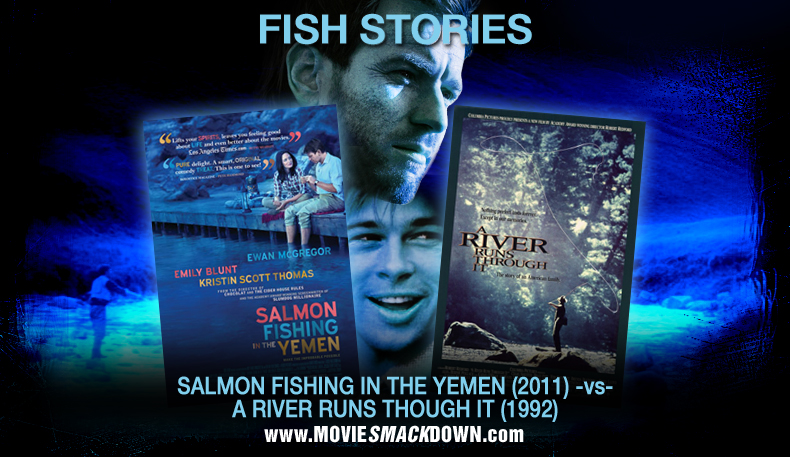
The Smackdown
Books and movies have often used bodies of water and the creatures that live in them as full, rich metaphors, evoking man’s struggle to find meaning amid life’s shifting tides (Alert: the first of many body-of-water metaphors!). The examples in high culture are endless: Moby Dick, The Secret of Roan Inish, SpongeBob SquarePants…
Here are two movies that carry on the tradition: Salmon Fishing in the Yemen, a Lasse Hallstrom-helmed, Simon Beaufoy-penned romantic dramedy, has made a splash in the indie world by dramatizing the Sisyphean task of introducing salmon fishing to a desert country best known today as the headquarters of Al Qaeda in the Arab Peninsula. Its opponent is A River Runs Through It, a lyrical film based on Norman McClean’s semi-autobiographical novel that follows the maturation of two brothers struggling to create individual and conflicting identities under the watchful eye of their minister father. Set in the wild and verdant glory of rural Montana, everything about it is as precious as your grandmother’s wedding rings.
The clover that holds these two worthy contenders together is four-leafed. Both are adult, coming of age stories, both evoke the romance of fly fishing, and both showcase the magnetic beauty of not just the respective stars — Emily Blunt and Brad Pitt — but the natural surroundings of Montana, Scotland and, yes, even Yemen (played here by that well known character actor, Morocco).
So, now that we’ve tied on our lure, let’s cast…

The Challenger
Harriet Chetwode-Talbot (Blunt), holds down an important desk at a major British public relations firm representing a visionary Yemeni Sheikh (a romantically handsome Amr Waked). She approaches the government’s buttoned-up fisheries expert Fred Jones (Ewan McGregor) with the idea of introducing salmon fly fishing into the desert — something he finds fantastically absurd. Water, he reminds her, is vital when talking about fish. But despite his summary dismissal, the prime minister’s pit bull of a press secretary, Bridgett Maxwell (Kristin Scott Thomas) latches onto the idea as a “good news†story in a war-torn world, making the impossible a sudden priority.
Harriet, a self-described shy girl, is in the process of falling for a dashing Special Services soldier, who gets posted to Afghanistan just as the glue between them is hardening. Fred is in a by-the-numbers marriage with a nice enough and pretty enough wife who is away in Switzerland, leaving him to wade into the daunting project without emotional support, except of course for the intrepid and winsome Ms. Chetwode-Talbot.
After trips back and forth to the Sheikh’s breathtaking Scottish estate, the impossible begins to take shape. Fred and Harriet face down the British fly fishing community to acquire the salmon they need to get started. All, including the fish, eventually make it to a tent encampment along the Sheikh’s water project in the Yemeni mountains, where Fred discovers the water — and thus, the possibility of sustaining fish — actually runs cold. His heart, meanwhile, is beginning to run hot for Harriet, just as she discovers that her intended is missing in action and presumed dead. Everything here is about swimming upstream: the salmon to successfully spawn; the  project to come to fruition; and the Harriet-Fred romance to take hold.
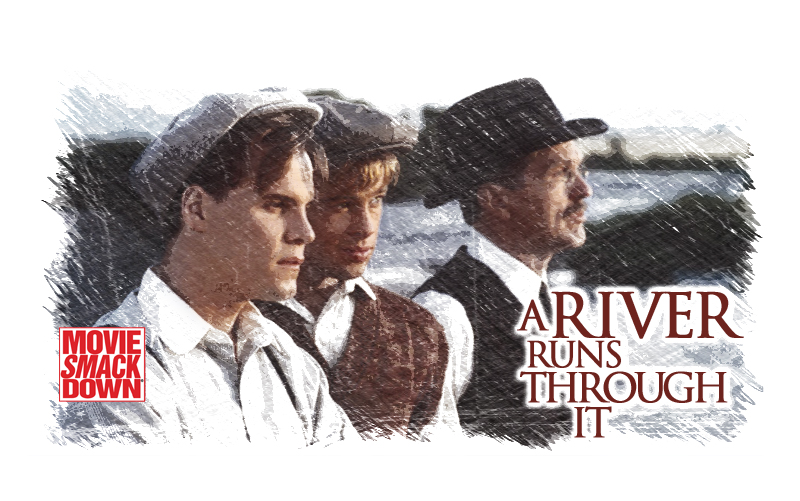 The Defending Champion
The Defending Champion
Under the firm but fair Presbyterian hand of their father, Minister McClean (Tom Skerritt), Norman (Craig Sheffer) and younger brother Paul (Brad Pitt), grow up in the open and accepting environment of 1920s Montana, each following his unique DNA within a framework of traditional values and a reverence for nature. The restrictions imposed under the McClean roof and in school and church disappear, especially for freewheeling Paul, when the men grab their fly rods and head for the river. Fly fishing takes on a religious, almost mystical importance.
Norman goes off to college, returning years later to become a teacher. Paul is more reckless than ever, but he’s become a successful local journalist and expert flycaster, happy to spend his life right where he is. While Norman follows the socially acceptable path and courts the high-spirited Jessie (Emily Lloyd), who eventually marries him, Paul descends into liquor and gambling, and romances a young Indian woman, just to tweak the town’s nose. He leads the more incandescent life, but Norman, ultimately, the more successful.
Paul’s ability with a fly rod rivals Ted Williams’ (also a noted fly fisherman) with a bat. Eventually, he even eclipses his father, as revealed in one notable moment of perfection on the river, his fly line an iconic swirl above his head that inspires awe in those who watch, not to mention a perfect one-sheet.
The Scorecard
There is a vast difference in tone and style in these two films. Robert Redford’s direction and Richard Friedenberg’s Oscar-nominated script for River, lovingly recall an innocent time, an idyllic Eden where fishing is a metaphor for life. In Yemen, salmon fishing is a lovely pastime but a far-fetched goal, in fact a likely disaster. The film is also quite funny, with Kristin Scott Thomas stealing every scene she’s in with a salty tongue and the in-your-face arrogance of the politically protected. Where Salmon Fishing builds around recognizable goals and conflicts, A River Runs Through It meanders like the river of life — deep here, shallow and rocky there, an occasional glistening pool — it’s a film dappled in a gauzy memory, narrated by Redford himself in the voice of Norman.
Both movies deliver terrific performances, and most impressively two strong scripts. (Believe me, my unrequited ardor for Emily Blunt and those sensational gams isn’t making my judgment any clearer.) Harriet is the modern, plucky and intrepid version of the wilder Paul, and the two form the romantic heart of their respective films. Each has to deal with a stodgier companion. For her it’s Fred, who is awakened to his desert of a marriage; for Paul, it’s Norman, a one-foot-in-front-of-the-other older brother who nonetheless succeeds.
Salmon Fishing relies more on relationship conflict and snappy dialogue. Scotland is gorgeous, and the wild beauty of the desert is fairly played. Nature, and by extension, faith, are running themes in both films — expressly referenced by the “fathers,†Minister McClean and the Sheikh. The brothers understand intuitively; nature’s goodness is so fundamentally at the core of A River Runs Through It, the movie plays like an animist sunrise service. Harriet and especially, Fred, are converted by events.
The Decision
While Salmon Fishing occasionally uses a broad brush — as with the clumsy assassination attempt on the Sheikh by AK-toting Yemeni tribesmen in Scotland —there is real pathos in the unraveling of Fred’s marriage; his character’s growth is hard-earned. It’s easy to forgive the crude assassination subplot, as the script moves along nicely, is charming, funny, and winning. This is a great date movie if you’re over 24; there is much to be said for romantic aspiration, which I fear we’re losing as the world turns more dire.
A River Runs Through It must be taken as a whole. It doesn’t so much tell a story as take you through a photo album, and therein lies its weakness: It’s not as involving as it could be. That being said, its sparing yet profound approach to the rhythm of life is singular, and its beauty manifest. The brothers have no false moments. These two films raise the basic question: Ultimately is filmmaking an art form, entertainment, or both? And if both, in what mix? Today, the decision goes, by the width of a fly line, to A River Runs Through It.




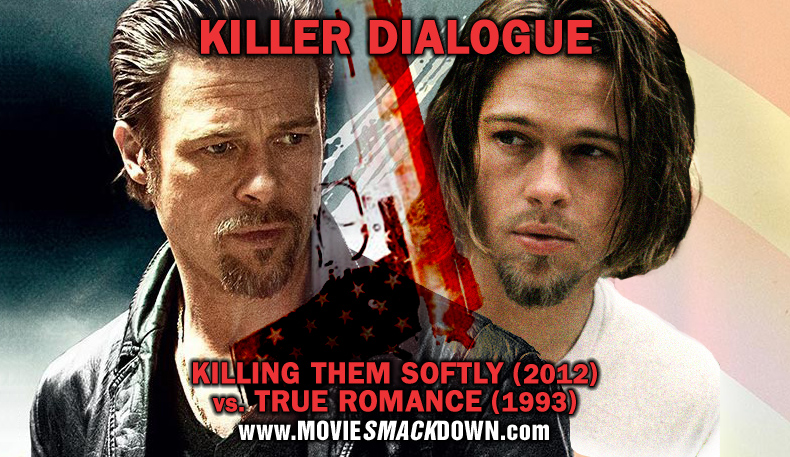
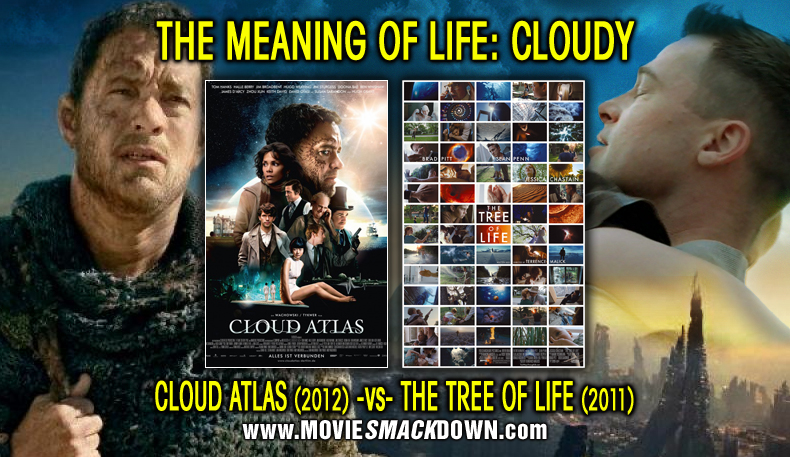
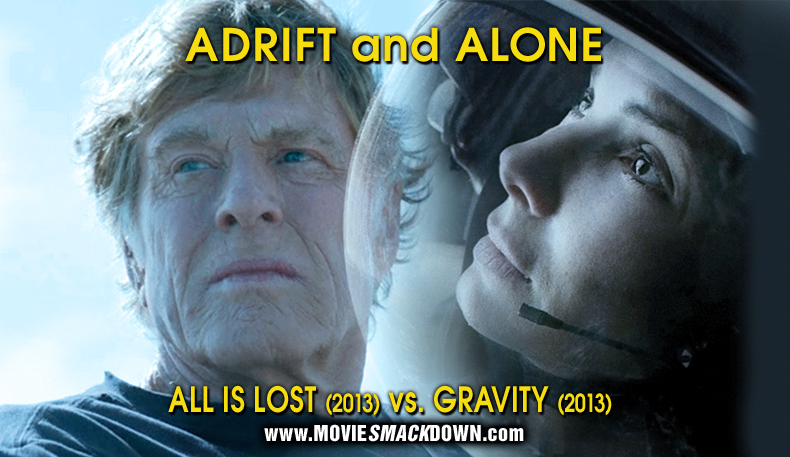
Love seeing River over and over.